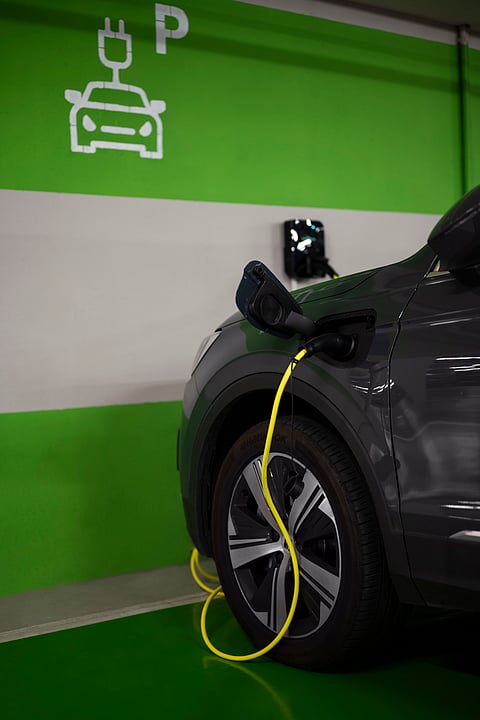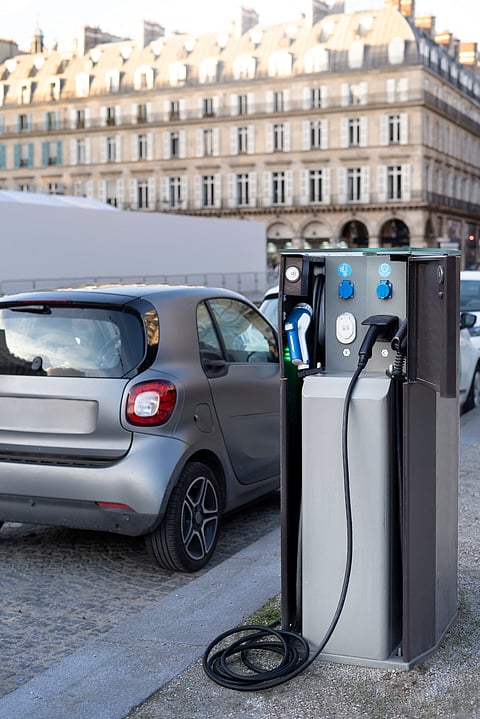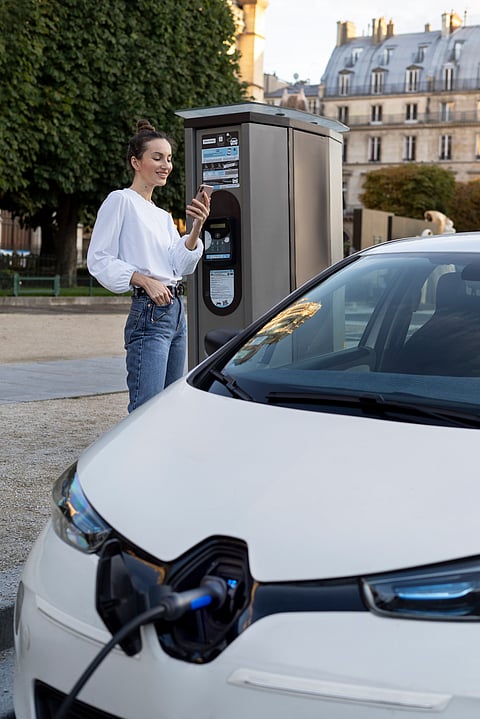Will Delhi Say Goodbye to CNG Autos? Here's What Draft EV Policy 2.0 Reveals
Delhi's Draft EV Policy 2.0 aims to cut out CNG, petrol, and diesel vehicles in a push for cleaner, electric mobility. The policy sets clear deadlines for autorickshaws, two-wheelers, buses, and goods carriers to transition to electric alternatives by 2027
The Delhi government has unveiled its Draft of EV Policy 2.0, aiming to accelerate the city's transition to electric vehicles and reduce reliance on fossil fuels.

Time Out for CNG Autorickshaws
No new CNG autorickshaw registrations post-August 15, 2025. The policy proposes no CNG autorickshaw registrations from August 15, 2025, with existing permits transitioning to electric alternatives. As by controlling the CNG autorickshaw by now will help to achieve the goal.

Targeting Fossil Fuel Vehicles
Transition plans for waste management vehicles and city buses. This draft recommends phasing out the fossil fuel-powered waste management vehicles and city buses, promoting a shift to electric models by 2027.

Empowering Electric Two-Wheelers
Ban on petrol, diesel, and CNG two-wheelers from August 15, 2026. Starting of August 2026 registrations for fossil fuel-powered two-wheelers will be prohibited, encouraging the adoption of electric scooters and motorcycles.

Converting Public Transport
Complete transition to electric buses by 2027.The draft mandates that all city buses shift to electric models by 2027, aiming for a sustainable public transport system.

Encouragement for Electric Transition
Proposed subsidies and interest benefaction schemes. To provide the transition smoothly, the policy suggests offering subsidies and beneficial schemes for electric vehicles, making them more accessible to the public.

Public Feedback and Implementation
Government seeking stakeholder input before finalizing the policy. The Delhi government is inviting feedback from stakeholders to refine and implement the EV Policy 2.0 effectively.

